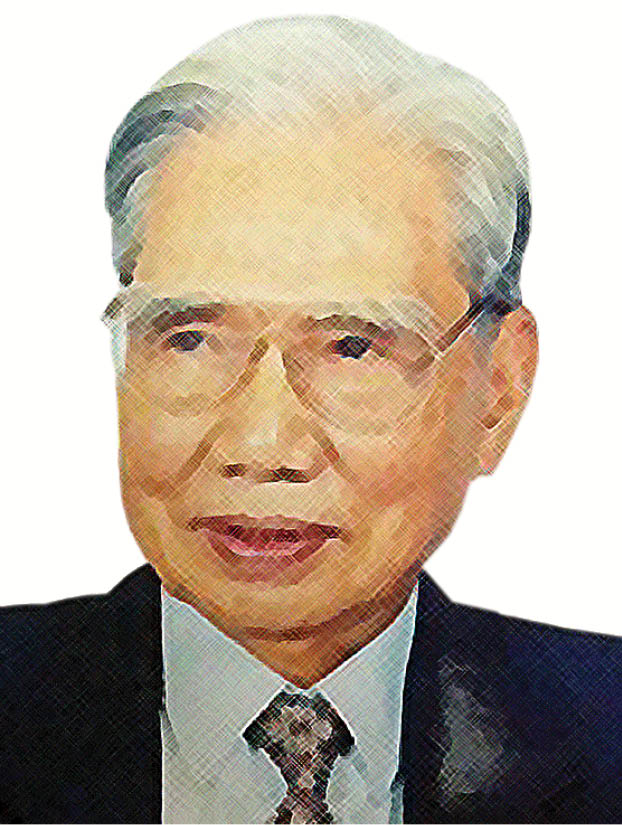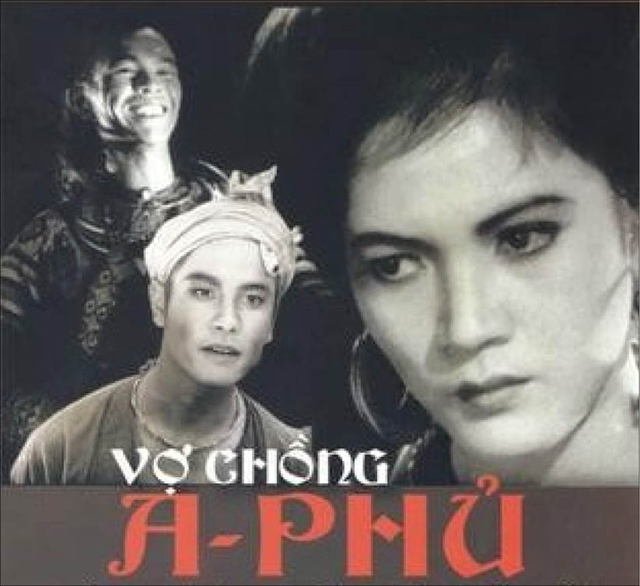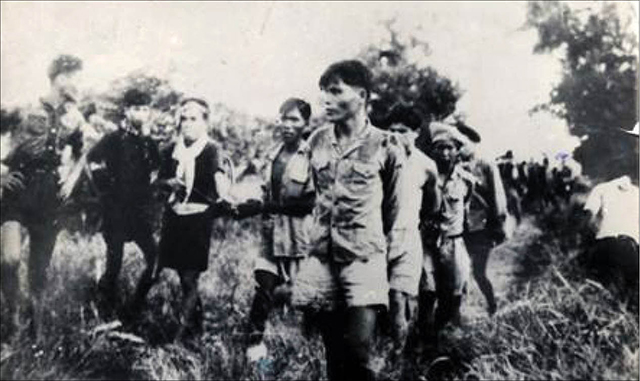
Portrait of director Mai Loc
Director of the golden films
Director Mai Loc is from Huong Tra Town, Thua Thien Hue. He was born in 1923 and died on 17/12/2011 in Ho Chi Minh City. During more than 60 years of devoting himself to domestic cinema, he has made over 60 documentaries and feature films. It is worth mentioning that many of his films laid the foundations for the revolutionary cinema in Vietnam. His works include: Battle of Moc Hoa (1947), Victory of the North West (Golden Lotus Prize in Vietnam Film Festival), Giu lang giu nuoc/Protection of motherland (Golden Lotus Prize at Vietnam Film Festival), Quyet chien thang giac My xam luoc/Determined to defeat American invaders (Golden Prize at Leipzig Film Festival) ). Feature films: A Phu couple - Mai Loc and To Hoai (Silver Lotus at Vietnam Film Festival), Tinh dat Cu Chi/Cu Chi land - Mai Loc and Le Van Duy ...
In 1946, in the national resistance war, he joined the National Defense Union and joined the movie industry which was still young then. Even in the early days of the resistance war, he and the cameraman Khuong Me made their first documentary film "The Battle of Moc Hoa". This is considered the epitome film of war, a rare film in our cinema history. It is one of the films that laid the foundations for the revolutionary cinema in Vietnam.

"A Phu couple" - the film used to be loved for a while.
In 1952, he was deployed to the Viet Bac war zone in service of the resistance war. In the middle of the war, he embarked on a 35mm-celluloid documentary,about 75 minutes, of "Northwest victory." The film has determined a long leap forward of Vietnamese documentary. Then, he returned to Hai Phong to make the documentary "Giu lang giu nuoc". This documentary, which is a precious one, depicts a French gasoline-transport train shot and burnt by our guerrilla on Road 5.
Especially in the Dien Bien Phu campaign, the famous director of the Soviet Union, Karmen, made the first color documentary film "Vietnam on the road to victory". The film not only reflects the splendor of the nation after the victory of Dien Bien Phu, but also the invaluable color images of people and life in Vietnam in the 1950s. On the occasion of the 50th anniversary of Dien Bien Phu Victory, Vietnam Television bought the copyright to broadcast the color version on television; the audience had been able to watch the black-and-white version before. In the film, the audience can see General Vo Nguyen Giap in the commander bunker, the soldiers storm the bunker of De Castries, the liberation army take over the capital of Hanoi in the people’s warm welcome... In the film, there are many footages directed by Mai Loc.

A scene in "Moc Hoa battle in 1946" film
In the resistance war against the American Empire, he again went to the battlefield to make the film "Quyet thang giac My xam luoc." This film was awarded the Golden Prize at Leipzig Film Festival (former East Germany).
In addition to the documentaries, Mai Loc also directed two feature films, including "A Phu couple" (1961), which is considered one of the four most prominent feature films of the North, together with "The White Eye bird," Sister Tu Hau "," Two soldiers ". "A Phu couple" was adapted to the script by To Hoai and directed by Mai Loc. With a fascinating, touching story, the film attracts viewers with pictures of the Northwest region and excellent music by another Hue musician Nguyen Van Thuong.
A pioneer and an honest man
He told director Le Van Duy, who also made "Tinh dat Cu Chi" with him: "The main reason for me to work in cinematography is my cousin, an owner of a photography shop. I studied photography there. So I made friends with Khuong Me, Van Sy, Antonine Giau, the pioneers in cinematography of Saigon. In the time of the national resistance war, I escaped to join the National Defense Union. Brothers in the battalion knew that I was once a photographer, they advised me to write a letter to Saigon to ask for a film printer. Later, Khuong Me also joined me. Khuong Me and I made the first film of the South Vietnam revolution: Battle of Moc Hoa ... "
In the memories of many friends, director Mai Loc has always been a pioneer. Director Minh Tri, former deputy secretary of the Communist Party Central Propaganda Commission of the South, told The Cinema World: in February 1964, the US conducted a raid with 45,000 troops, hundreds of planes, tanks, military vehicles in order to search and destroy our headquarters of the Southern Central Committee. Among them, there were about 50 tanks directly attacking the Liberation Studio. At that time, the studio was located on the edge of the forest, about 50m away. Mai Loc organized a squad of 13 combatants, and they intensely fought against dozens of enemy tanks.
In 1966 and 1967, he continued to lead the fight against the raids and sent some cameramen who could fight and film at the same time to film the raids. After that, all the material was built into the historical documentary "Victory of Tay Ninh". Director Minh Tri cherishes the portrait of the commander Mai Loc: "He has always been brave, visionary, competent, prestigious, responsible, hardy, always voluntary in fierce places, very emotional and very assertive ".
Director Mai Loc is former director of the Liberation Film Studio, director of General Film and Liberation Film Studio, general secretary of Ho Chi Minh City Cinema Association. He said: "The art manager's job is to always think, and to discover talent. When the manager discovers the talent, his main job is to develop the talent in the correct direction, and to nurture the talent. Managers must have a strategic vision, forgive the artists’ mistakes, know how to answer their questions, talk to them as friends, comrades. He also told colleagues: "In my life, I hate those who are not diligent, and I hate those who say a lot of cliché."
Director Le Van Duy commented: "He is quite assertive, but once he reached an agreement with his colleagues, he considered it as the opinion, the work that he himself and his colleagues struggled to protect all along. In the history of revolutionary cinema in Vietnam, people like Mai Loc are really rare. "
Story and photo: Vo Trieu Son
